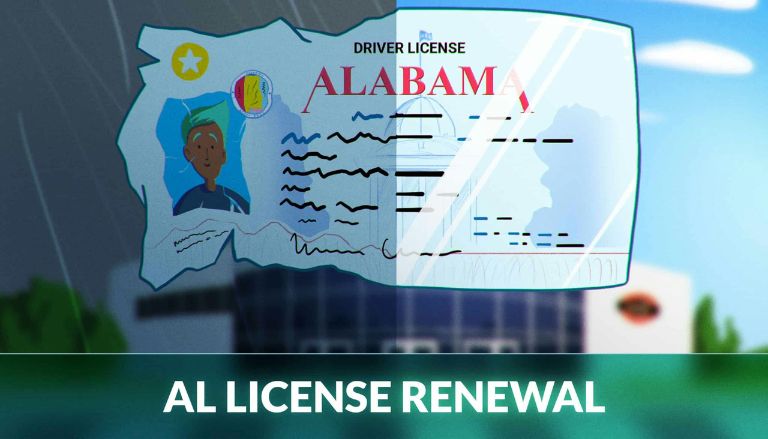Updates and revisions to driving laws are ongoing. This is to guarantee that local and federal governments continue to place the safety of drivers on the road as their top priority.
Trust on the roads is maintained by making sure that driving laws, rules, and policies are in line with new developments in passenger car technology and by paying attention to the demands of the public.
If you haven’t gotten your license yet, there are going to be some significant changes in New Jersey.
NJ’s new regulations for New drivers
The state of New Jersey has made the decision to enforce more stringent driving education requirements for new drivers.
Whether you are a parent of a child learning to drive or a new driver hoping to obtain your license soon, this information is for you.
Under the new driving mandate, new drivers must train under supervision to make sure they are competent and self-assured enough to drive.
The New Jersey Motor Vehicle Commission (NJMVC) will mandate that all new drivers complete 50 hours of supervised driving practice prior to receiving a probationary driver’s license as of February 1st of this year.
To guarantee appropriate competency, 10 of these 50 hours must be completed at night. Any motorist who is less than 21 and want to obtain a license must abide by the guideline.
You’re in luck if you received your license or passed your driving test before February. You will not be subject to this new policy.
Using supervised driving to ensure road safety
The roads can be incredibly daunting for a young driver. Although driving is a fairly simple and straightforward skill to learn, other drivers on the road provide a challenge.
Keeping yourself and everyone around you safe as a rookie driver requires you to grow used to being alert and defensive on the road.
In contrast to new drivers, more seasoned drivers frequently possess a stronger intuitive sense of what potentially harmful conduct to anticipate from a car on the road.
According to NJMVC Chief Administrator Latrecia Littles-Floyd, “This update to New Jersey’s Graduated Driver License program requirements underscores the importance of putting time in behind the wheel, which is crucial for young drivers as they learn how to operate a vehicle.”
From Odd to Outrageous: Delaware’s Most Bizarre Town Names
In order to implement the new policy, if you are under 21 and considering applying for a driver’s license, you must first submit a Certification of Supervised Driving, which must be signed by a parent, guardian, or any adult who is older than 21 and has a New Jersey driver’s license and attests to the completion of the necessary hours.
A driving log will no longer be required thanks to the certificate.
“Once you’ve completed the supervised practice driving you go for your road test, and if you pass the road test, you then come into one of our licensing centers and apply for the probationary driver license,” William Connolly, press secretary for the New Jersey Motor Vehicle Commission stated. “Supervised driving means that you are accompanied in the front seat by an adult who is at least 21 years of age who has a valid New Jersey driver’s license and a minimum of three years driving experience.”
Flashing Headlights in Maine: What it Really Means and Why You Should Be Careful!
New Jersey starts to comply with national standards
Until recently, New Jersey was one of just three states that did not mandate practice driving under supervision. As a result, getting a license here was seen to be comparatively simpler.
Mississippi and Arkansas are the other two. In order to guarantee road safety, New Jersey is realizing that tougher licensing regulations are necessary.
According to Tracy Noble, public and government affairs manager for AAA Club Alliance, “We live in the most densely populated state, we also live in a state that has various different regions, different traffic patterns, different roadway types and new drivers need to be prepared for all of it.”







Leave a Comment